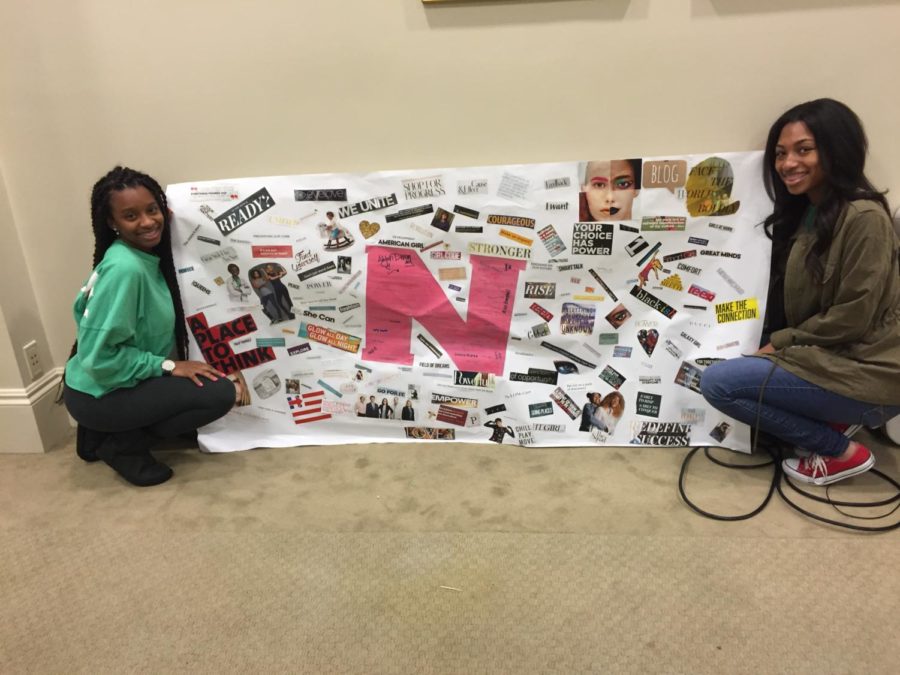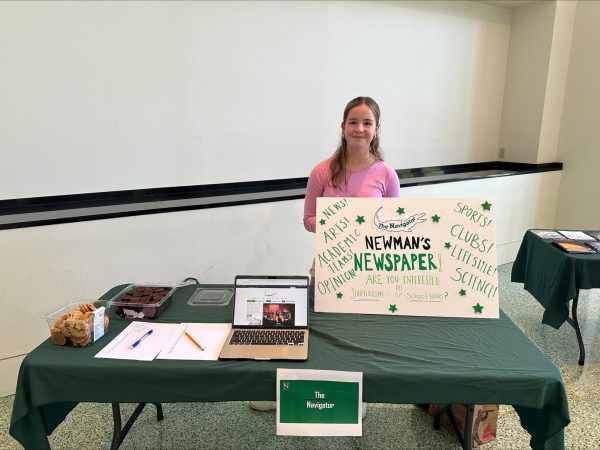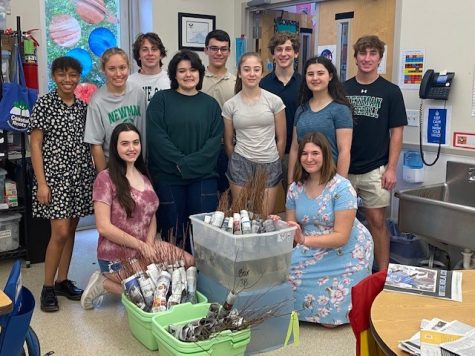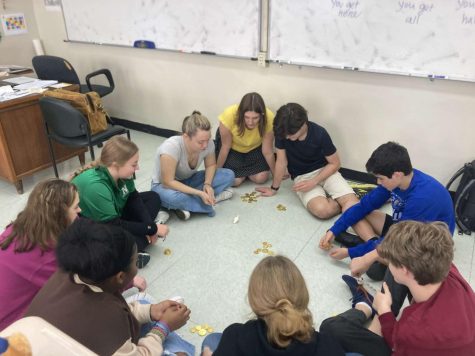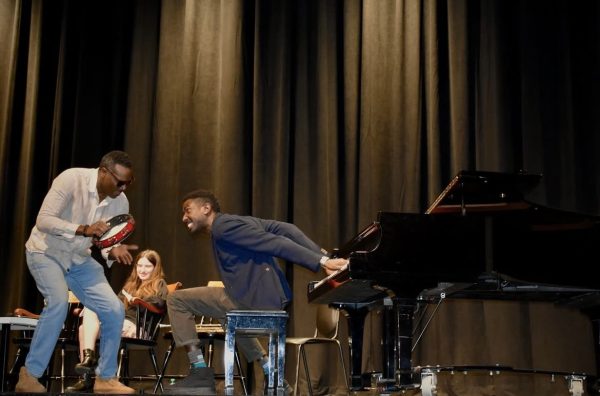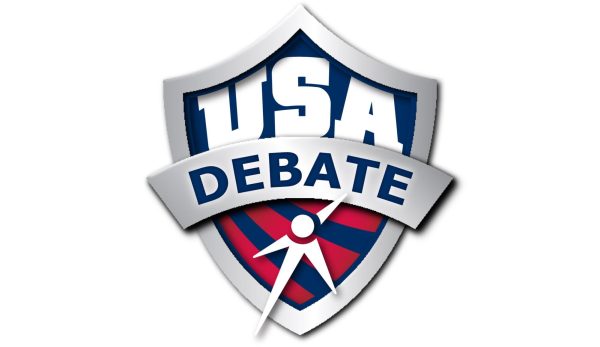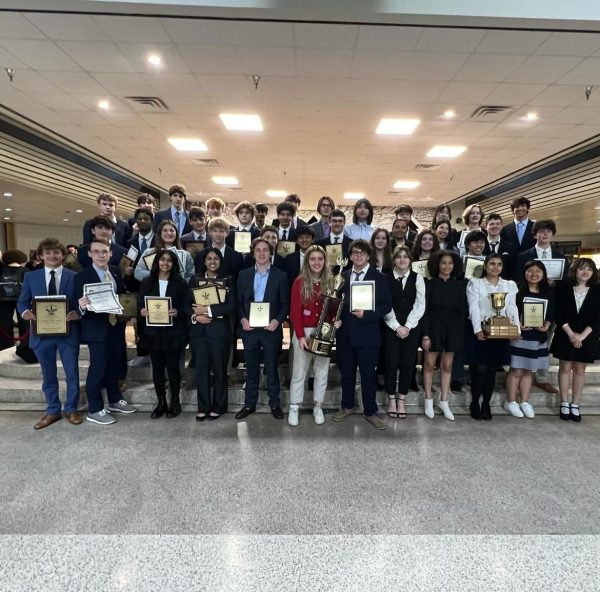Newomen: What Is It and What Do They Stand For?
Aliyah Dixon and Di’Jonai Press founded the Newomen club as juniors, with the intention of establishing a “Big Sister, Little Sister” program. Many schools pair junior and senior girls with incoming freshmen and sophomores to ensure new girls have someone to talk to about school and form a relationship with. The initial turn-out of girls wanting to get involved was incredible, but it was obvious that implementing a Big Sister, Little Sister program would be difficult because of scheduling. Also, group conversations led girls to realize the disparity of the gender-dynamic at school and in general. Girls admitted bravely to the group that they often felt silenced or spoken over in the classroom. The partisan reactions to the 2016 presidential election seemed to exacerbate the problem. Thus, the purpose of the Newomen club shifted. The girls began to meet to discuss problems relevant to them and their gender. Di’Jonai, Aliyah, and a supportive group of teachers started to brainstorm ways to positively affect girls around Newman and New Orleans. There were many meetings last year about girls sticking together and using their voices to highlight those of other girls. Ms. Bigham, Ms. Bach, and Dr. Bates gave particularly useful tips to the girls about how to react to misogynistic situations. Last year, the club also partnered with Eden House, a charity organization aiding and rehabilitating victims of sex trafficking. Girls made and sold bracelets to raise money for the organization, and the club hosted a member of Eden House to speak to Newman about sex trafficking in New Orleans. Club leader Di’Jonai said, “I think that the club has been productive. We showed the school community that they were silencing important voices that they needed to hear, and that’s an issue.” Newomen made an impressive start last year, and Di’Jonai and Aliyah were determined to make the 2017-2018 year equally as impactful.
During the current school year, Newomen has held discussion meetings and viewing parties for videos like Chimamanda Ngozi Adichie’s Ted Talk “We Should All Be Feminists.” The discussions of late have been on the serious side. Girls talked about harassment, what it means, what it feels like, and how we are desensitized to it. Also, a goal of the club is to bring feminist issues to the front line, in the classroom and throughout the high school. The most recent meeting focused on everyday examples of boys demeaning women and ways to approach boys in the high school about the issue without being accusatory or confrontational. It was noted the importance of recruiting male teachers as allies for girls in the classroom and anywhere on campus. While these are all important changes, Di’Jonai pointed out that the issue is not something “[we’ll] be able to solve our senior year, but we appreciate that we were able to get the conversation started. School is the place that we should be able to flourish and find the things we like and what we’re interested in. We shouldn’t come to school with the worry of being called names or ignored because we are girls.”
The Newomen club is unique from any other organization on campus because it gives specifically girls a platform to share their experiences as women and brainstorm productive ways to make life better for women at Newman and beyond. It’s impressive to be at a meeting and sense the solidarity among the girls. The meetings expose issues faced by girls in the community, but they also provide hope to change gender divides. Girls learn and are empowered by feminists from other grades and teachers who support them. For girls interested in joining Newomen, they should consider this quote from the video by Chimamanda Ngozi Adichie the club watched earlier this year:
“[The] word ‘feminist’ is so heavy with baggage, negative baggage . . . when I looked up that word in the dictionary . . . this is what it said: ‘feminist, a person who believes in the social, political, and economic equality of the sexes.’. . . More of us should reclaim that word.”

"How do you write like you're running out of time? How do you write like tomorrow won't arrive? How do you write like you need it to survive?" -Hamilton,...

